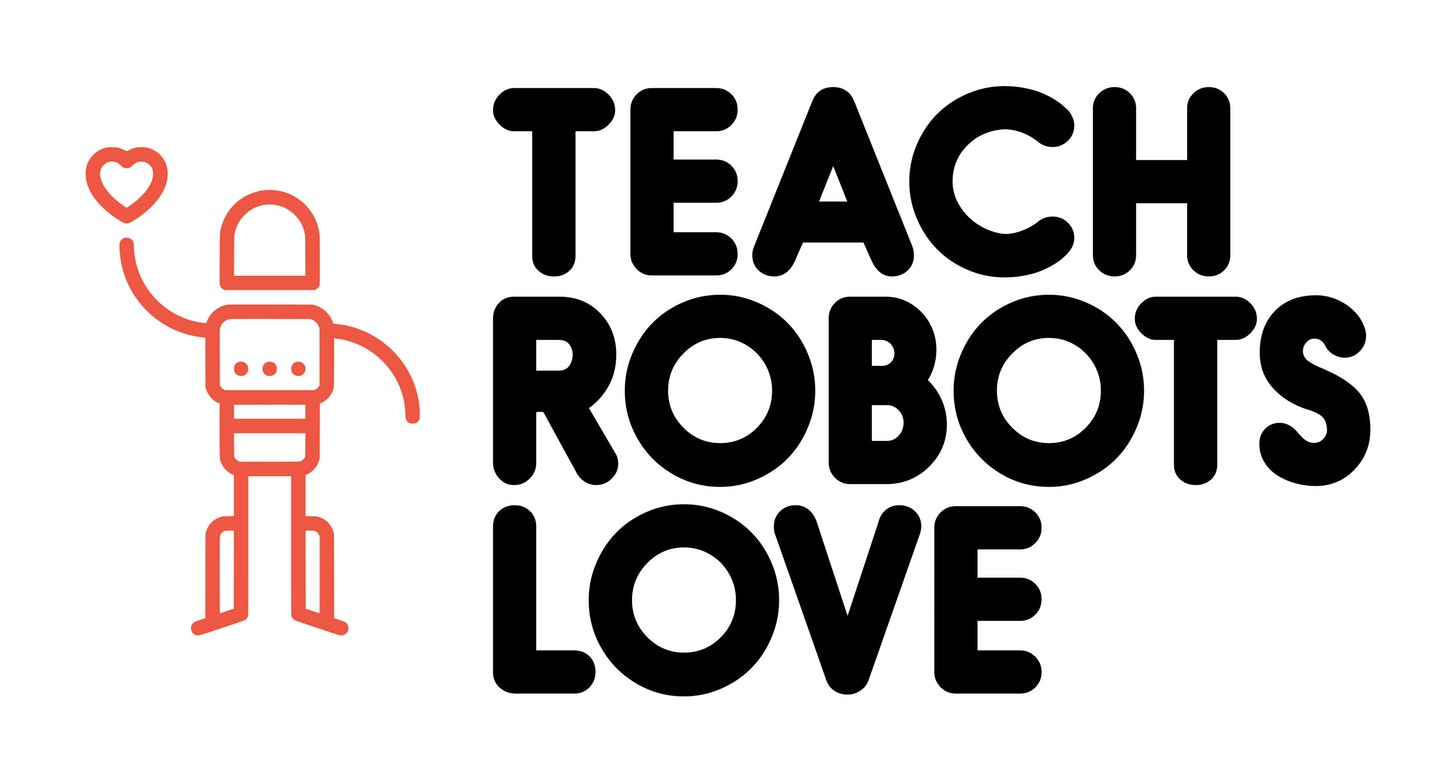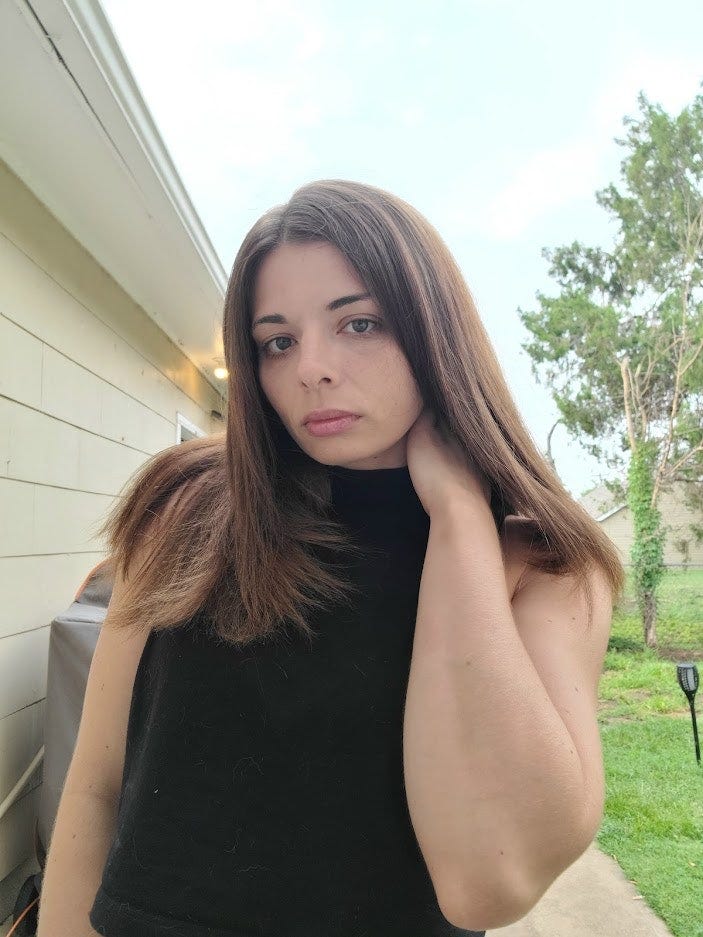“There is a loneliness in this world so great that you can see it in the slow movement of the hands of a clock.” ― Charles Bukowski
You don't need anyone but yourself. That's what people try to say as they scroll through their phones alone at night, trying to crawl into the pictures that represent the ideal they can never quite seem to replicate. And as the days stretch, and the void of need inside them grow, they try to convince themselves that the pain of loneliness is some sort of deficiency within themselves.
Because loneliness is sainthood. Loneliness is Miyamoto Musashi, the greatest swordsman alive. Loneliness is the woman on a balcony in Paris, drinking coffee and eating fresh fruit, enjoying the sunset with a Chanel bag and a Tiffany necklace at her side. Loneliness is being free from the shackles of husband, wife, children, and their hungry protestations and their constant demands.
But loneliness doesn't tend to feel noble or free when you're experiencing it. It feels like the boredom of staring up at a ceiling fan, and wondering whether you'll get out of bed before it stops spinning. It feels like coming home from work, unbuttoning your shirt, and exposing your spine to the boiling and endless roiling dark.
When I feel alone it's like every possible copy and permutation of myself in every single possible universe is starting to fade away. My children are dead in all worlds and I'm becoming a ghost. I can't see myself in anyone else's eyes anymore. I've slipped between the mattress and the wall, to be lost and never found again.
And the thing about loneliness is that it can often follow you, regardless of how many lovers or friends you have. It becomes an icy shell that separates you from the world around you. I'd go out to meetings and parties, but instead of having my loneliness soothed I'd just grind my teeth and get a headache from the stress of expectation. I'd long to go home again where nobody could bother me.
I kept trying to fill the hole inside of me with love, but no matter how much love was expressed to me, the hole remained. It sat in the center of my chest, invisible and bleeding. At night when I tried to sleep I could feel it, throbbing, a pain that seemed disconnected from nerves.
At some point someone must have taken a chunk out of me. I could never be complete.
I couldn't sleep alone without getting horrifying nightmares. I'd dream of being paralyzed and dismembered. I needed someone, anyone, to cling to because without them I'd wake up choking, trying to grasp onto anything solid and finding only a vast and impossible ocean of emptiness.
I don't really know what changed. It happened gradually, over the course of several years. I stopped sharing my sob story with people as a way to connect with them, because I'd mistaken the sharing of pain with intimacy. I began to look at friends not as people who could do something for me, but as people who were valuable and I should be grateful to help. I started taking my dogs for long walks every day and making sure they had delicious treats at least several times a week. I put more effort into my relationship with my boyfriend. He stopped being a fetish object to fulfill the rupture inside me , and every day he became more real to me.
I stopped sleeping like someone else was going to rescue me. I held myself like I used to hold onto anyone within reach. The silence stopped being menacing. It draped itself over myself in cool, white waves and I was no longer drowning, drowning.
I wasn't quite floating. I wasn't quite swimming either. But I was struggling and that was more than I'd ever done before.
For the most part, the nightmares stopped.
My fiction changed too. I stopped writing the long, sad, painful pieces that were just my cry for help. My longing for someone to hear and notice me. I started writing to understand the world. To understand people. To say something real, that wasn't just a hollowed out gasp, a nihilistic death rattle of my own loneliness. Only then did my writing really begin to improve.
Sadness and rage are focusing points. They're powerful creative motivators and anchors. But they're also limiting. They make you lose perspective. You stop seeing the bigger picture. If all you can focus on is the slithering ouroboros of your own pain, melding hot in the center of you, you'll miss out on the dancing, screaming, beautiful, mercurial interplay of all the existence outside of the hurt.
The less focus I put on myself, the more my loneliness started to diminish. The less I worried about my pain the less pain I felt. The things that used to be such a struggle became easy to me, simply because I decided they should be easy.
Existential loneliness, like everything else in the universe, is just a math problem. It's easier to fix than it seems.
Sometimes when I'm feeling particularly sorry for myself the loneliness comes back, on big leather undulating wings. It's waiting as a constant reminder to remind me what the indulgence of pain gets me.
And the hole in my chest? That never goes away. It always remains, sometimes out of the center of my attention, but constant in its presence.
It doesn't hurt me like it used to, though. I mistook that feeling of never being filled to mean that something was wrong with me. But the emptiness is just a part of being human, and most of the philosophers and the writers throughout history will tell you the same thing.
It's a good thing. You were never meant to be complete. You can’t crawl into that photograph. Into that black and white movie. You were never meant to be the girl in golden filters in Paris. (And neither is she.) As long as you're alive you're always going to be wanting for something beyond yourself.
The truth is you do need someone. You need everything. Once you recognize that the pain will diminish, and the longing can become a reminder that you’re still alive.
The void in my reaches out for the void in you.
Have you been enjoying the newsletter? Consider subscribing below to support the continual survival of this newsletter and all my bad habits. You can also buy my books on Amazon or the CLASH website




